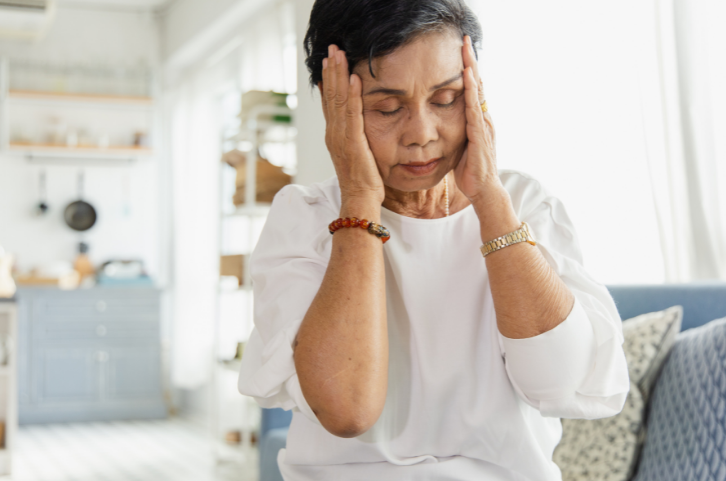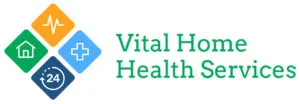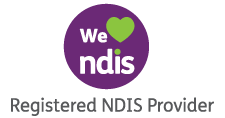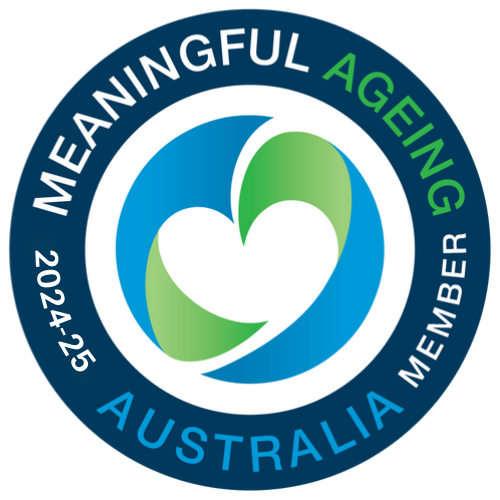Headaches tend to become an infrequent occurrence as we get older. Statistics show that not only do women get more headaches than men, but that also the number of headaches drops considerably. The 21-34 age range had a prevalence of headaches of 74% in men and 92% in women, whereas the 75 and over age group reported a much lower prevalence of 21% in men and 55% in women.
Whilst frequent headaches should be discussed with a doctor in seniors just in case of any underlying issues, we have put together a list of tips to help seniors deal with migraines and headaches and possibly alleviate pain.

Rework your sleep schedule
Sometimes a lack of sleep or interrupted sleep can leave us waking up with the dreaded aching sensation in our heads. Inadequate rest can not only help reduce headaches but also affect our moods, which is why we associate children having a tantrum with needing a nap! Sleeping in a healthy routine is also aids in keeping weakness and aching at bay.
Avoid skipping meals
Ensure seniors are sticking to the 3 important meals – Breakfast, lunch and dinner. Additionally, maintain good hydration by drinking plenty of water. Studies show that drinking plenty of water can help keep dehydration headaches out of the equation!
Boost your physical activity
By taking part in some light exercise, you can release endorphins which not only bring us a boost of happiness but they also act as the brains natural pain reliever! Take a walk when you have a headache, you may find that getting fresh air as well can do the trick.
Reduce stress factors
Getting yourself in a rut can be a huge headache contributor, with tension being increased in your neck, head and other various muscles. Relaxation is key! There are some simple yoga and meditative practises that will help, or if you prefer, a nice hot bath and a book can do the job.
Figure out what triggers a headache and avoid it
Finally, when dealing with a headache, you can remove certain triggers to help the pain subside. Common triggers include bright lights from lamps, TV’s, mobile devices and computer screens, loud noises and excessive alcohol or caffeine.
We always recommend that if the clients headaches persist or if they worsen or are migraines that they should arrange with carers to visit a doctor in case of an underlying issue.








